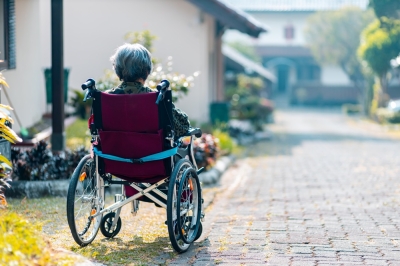TOKYO, March 22 — A stem cell treatment helped improve the motor function of two out of four patients with a spinal cord injury in the first clinical study of its kind, Japanese scientists said.
There is currently no effective treatment for paralysis caused by serious spinal cord injuries, which affect more than 150,000 patients in Japan alone, with 5,000 new cases each year.
Researchers at Tokyo’s Keio University are conducting their study using induced pluripotent stem cells (iPS) – created by stimulating mature, already specialised, cells back into a juvenile state.
They can then be prompted to mature into different kinds of cells, with the Keio researchers using iPS-derived cells of the neural stem.
The university said on Friday that the motor function score for two patients improved after an operation to implant more than two million iPS-derived cells into a spinal cord.
No serious adverse event was observed for all four cases after a year of monitoring, the university said.
The research’s main goal was to study the safety of injecting the cells.
Public broadcaster NHK reported that one of the two was an elderly man who suffered the injury in an accident.
He is now able to stand without support and has started practising walking, NHK said.
“We were able to achieve results in the world’s first spinal cord treatment with iPS,” Hideyuki Okano, a Keio professor who heads the research, said, according to NHK.
Okano said the team hoped to move to a clinical trial that would be a step towards bringing the treatment to patients.
The university received government approval for their initial study in 2019 and they carried out the first operation in 2022.
Details of the patients remain confidential, but the team is focusing on people who were injured 14-28 days before the operation.
The number of cells implanted was determined after safety experiments in animals. — AFP


